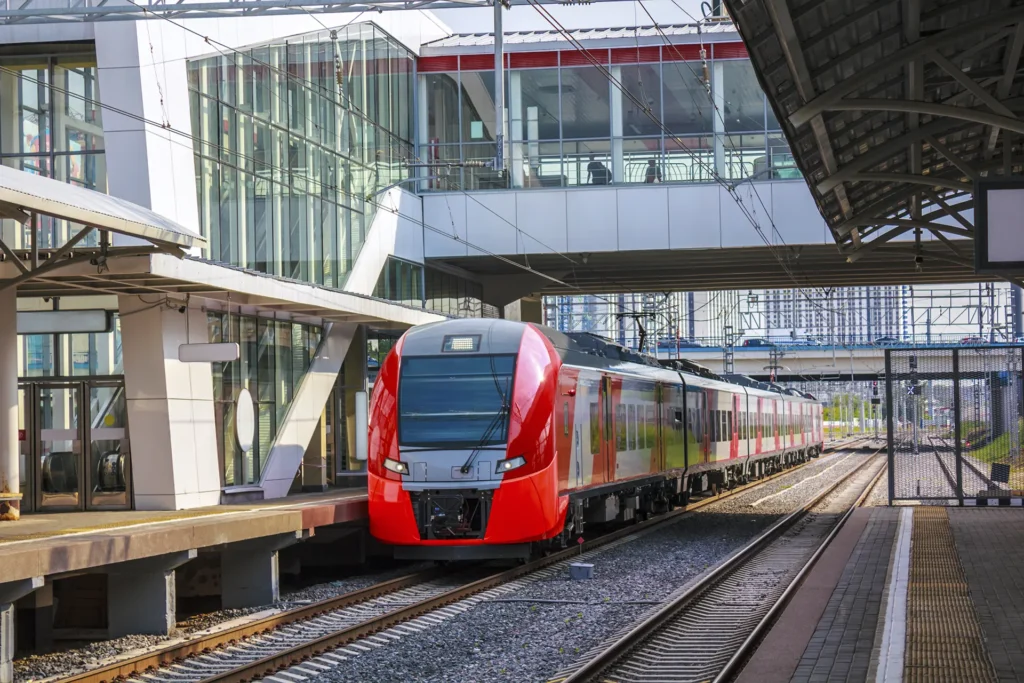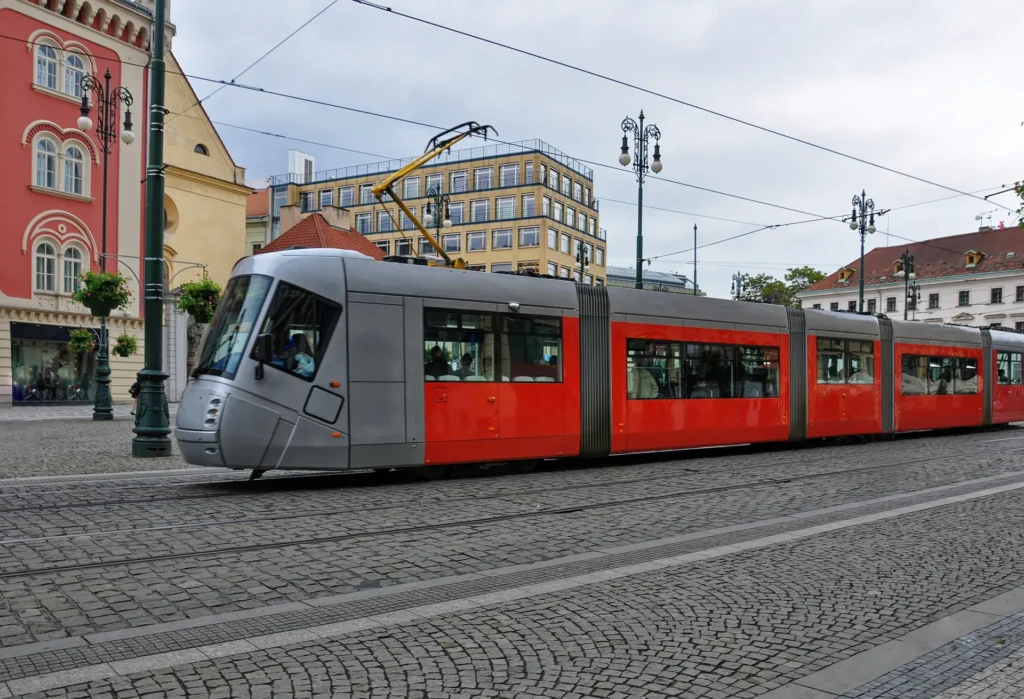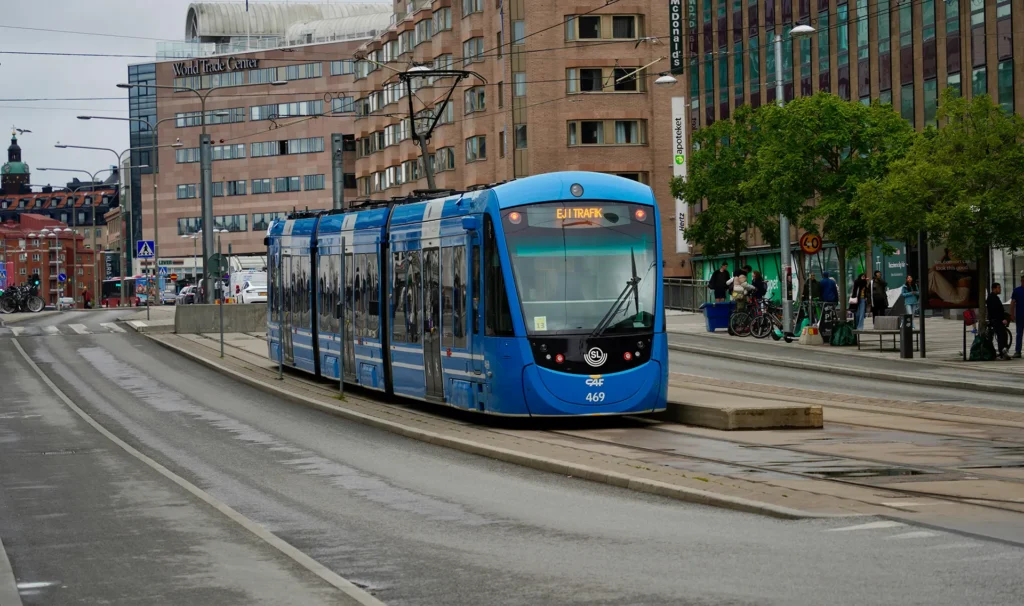Opus Suite for the railway and transport sector – strategic planning and operational optimisation

Typical scenarios where Opus Suite adds value
Lifecycle planning of transport assets
With Opus Suite, transport operators and infrastructure managers can carry out detailed lifecycle planning of vehicles and infrastructure. Through LCC and logistics analyses, they gain the basis for investments and for reducing total cost of ownership (TCO).

Maintenance and spare parts optimisation
Systecon Opus Suite enables optimisation of maintenance and spare parts inventories for railway and transport systems. The result is higher operational availability, improved service planning, and cost savings through data‑driven asset management.

Simulation of operational scenarios and decision support
When introducing new lines or modernising vehicle fleet, Opus Suite provides accurate simulation modelling for strategic planning. It enables RAMS analyses and supports fast and effective decision‑making in transport projects.

Real results, measurable savings, concrete decisions
Improving the efficiency of public transport
Opus Suite was used for an LCC analysis during the implementation of fully automated metro operations in Stockholm. Using data‑driven decision support, it analysed different platform safety options and identified the most cost effective and safe solution. Socio‑economic savings were estimated at up to SEK 300 million per year, including reduced accidents and service disruptions.

Optimisation of spare parts availability in railway transport
Opus Suite was applied for depot capacity analysis and spare parts optimisation in the public rail network of Stockholm’s suburban transport. Thanks to simulation‑based strategic planning, it was possible to determine exactly when and how to modify the infrastructure to ensure high vehicle availability without operational constraints. The OPUS10 system also helped optimise spare parts inventories and reduce total lifecycle costs (LCC).

Analysis of tram depot capacities
Opus Suite – specifically the SIMLOX system – was used to analyse the capacity of tram depots in Stockholm. Through simulation of operational scenarios, it assessed the impact of maintenance, failures, and track extensions on vehicle availability over the next 25 years. This data‑driven maintenance planning gave the organisation insight into key factors affecting future operations and enabled strategic optimisation of depot infrastructure.

Do you want to decide based on data, not on intuition?
